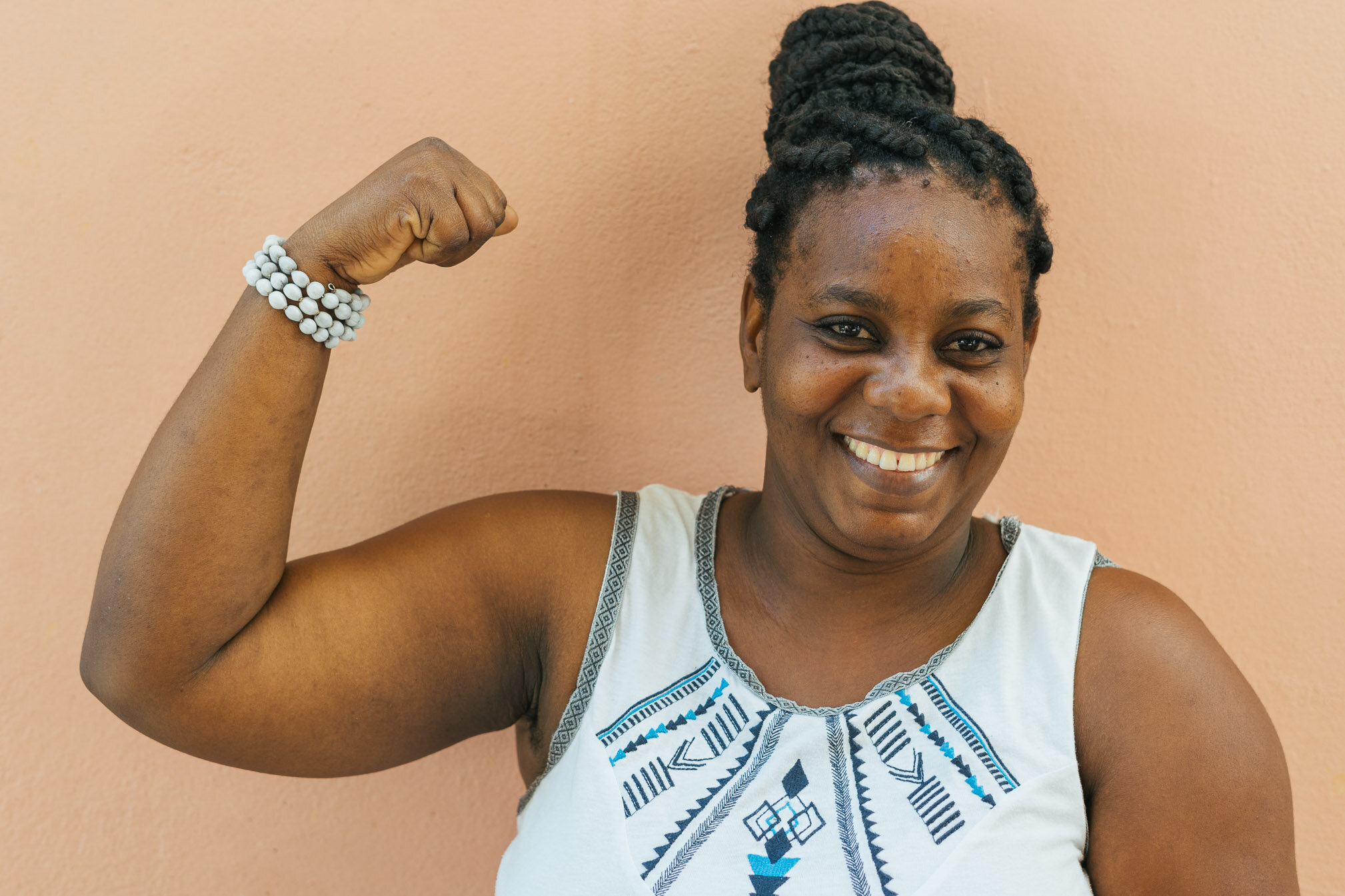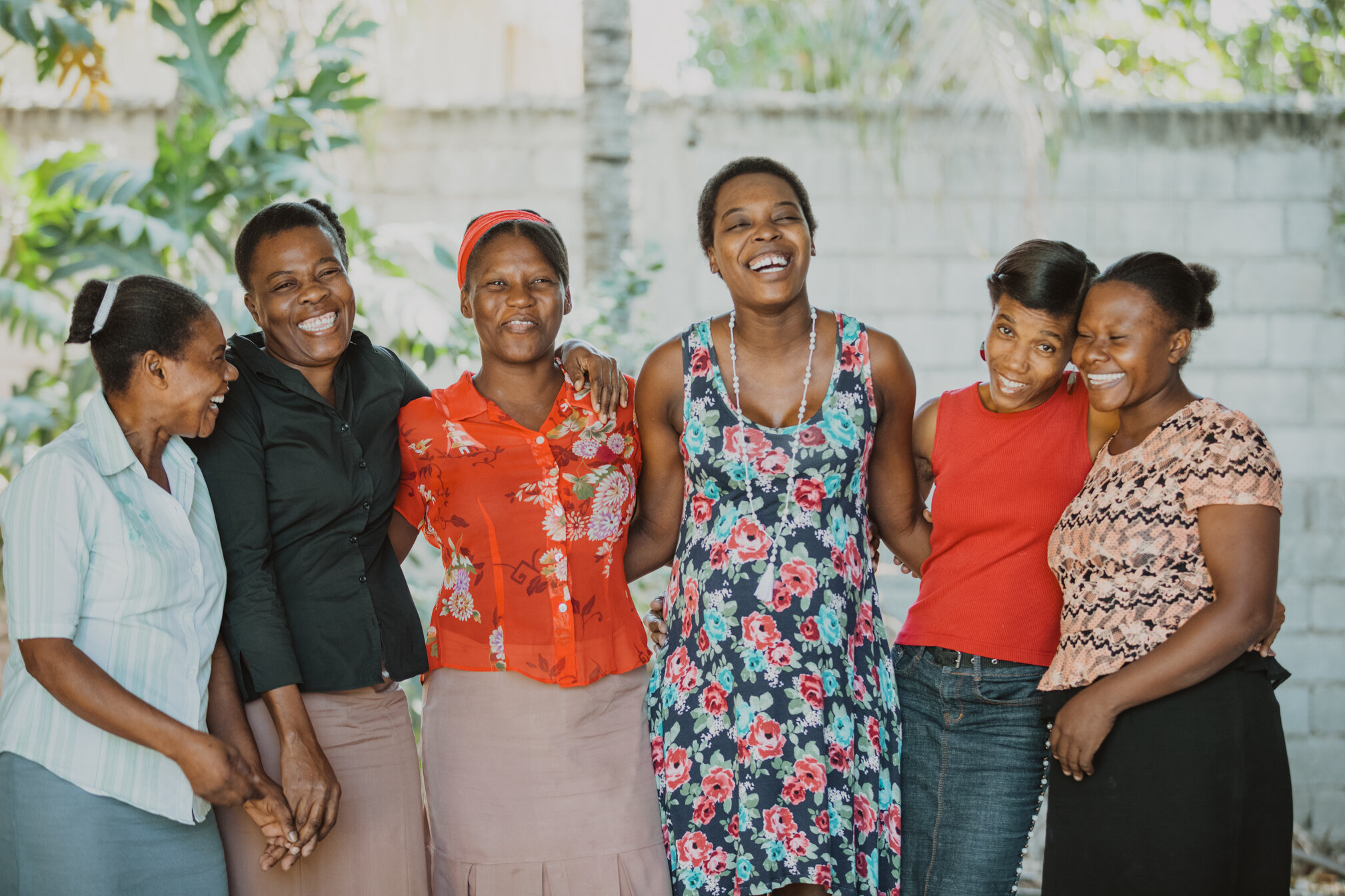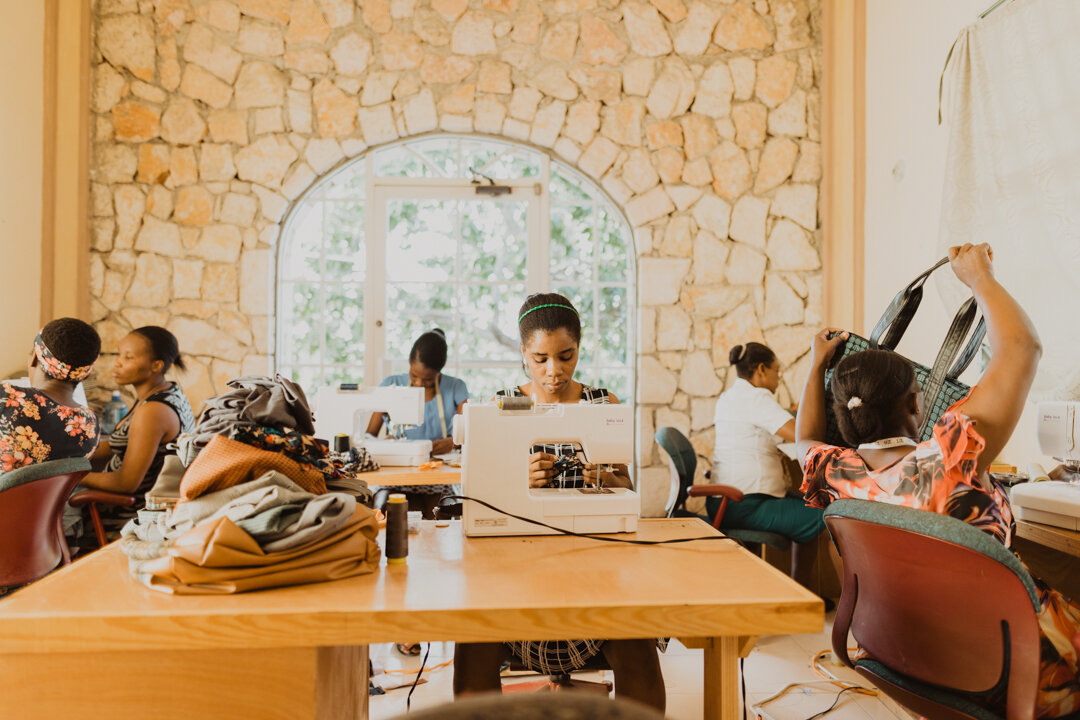Don't Give Up Your Power

“The most common way people give up their power is by thinking they don’t have any.”
-Alice Walker
Last week I posted a blog entry about injustices in the fashion industry. If you missed it, this post is technically part 2 that entry, so I would encourage you to go back and read it here! We ended off with the realization that we are the solution to the many injustices that garment workers face. While we are not directly abusing anyone, our demand for lower prices and our quick fashion trend changes have created an extremely toxic environment for factory workers. As our prices are reduced, so is the quality of the building the laborers work in, and so is the amount of their small, humble paycheck. Their lives are in danger because we have lost connection to the fact that there are human beings behind every piece of clothing, every pair of shoes, every bag we carry, and every accessory we wear. We have the power to say, enough is enough. No more factory deaths. We have the power, because we are the consumers, and consumers create demand.
If we refuse to buy from a company that doesn’t publish their manufacturing standards, they will be forced to change their practices or lose our business. If we refuse to buy from a company that cannot prove they pay their factory workers a fair wage, they too will be forced to change their practices. As consumers, our unity to demand responsible and ethical business practices could alter the number of avoidable factory deaths, the number of orphaned children, and even poverty rates all over the world.
This will take slower, more educated purchases on our end, but when we take the time think through our purchases and buy fair trade or ethical fashion products, we are sending the fashion industry a very important message. We are saying that we want to know that the parent who made our clothing could feed their children today. We want to know that woman who made our handbag was treated with dignity and respect. We want to know that the father who made our shoes got to go home to his family and can pay their rent with pride.
The reality is that every single stitch has human hands behind it. What we don’t know, is if those hands could afford to pack a lunch and send their child to school. Do they sleep in the factory at night, unable to get home because transportation takes up too much of their small salaries. Do they get to hold their children on a regular basis or are they living in orphanages or with relatives in the countrysides because they can’t be home to raise them.
Stories like the fire in Dehli hit close to home because fast fashion workers are not just numbers or names to me, they are faces. Some of them are friends and family. I have sat and listened to them tell stories about sexual abuse they experienced in their factories. I have had mothers knock on our gate with a child in their arms, asking us to care for them because she cannot feed them despite working long hours at a factory making T-shirts for well known brands. I have seen their downcast faces that tell of rejection, abuse, and exhaustion. I have also sat with mothers and fathers who work for fair trade and ethical fashion companies. Their stories are so much different. They shop at the market for food on their way home and can feed their children each day. They show me pictures of their children in their school uniforms, beaming with pride. Their faces radiate joy, because they have been empowered to raise their children and remain a family.
The contrast between a typical garment factory worker and an ethical fashion worker is the difference between barely surviving, and modestly thriving. Let me break it down this way:
Typical garment factory workers are:
Often subject to mental, physical, or sexual abuse
Often paid as little as $2-4 a day.
Left with very little after paying for transportation to and from work.
Often have difficulty providing for their family’s basic needs like food, shelter, and clean water.
Often unable to afford for their children to attend school.
Sometimes faced with the difficult decision to send their child(ren) to live in an orphanage or with other relatives because they cannot afford to care for them or be home the hours they need to be a parent.
Fair Trade/Slow Fashion/Ethical Fashion workers are:
Treated as humans and given respect in the workplace
Paid a living wage, which is often triple or more than the minimum/factory wage
Empowered to raise their own children and afford their own rent.
Able to afford to send their children school
Empowered to live as a family unit, without separation caused by poverty.
If a person with full time employment cannot do these things, then they are likely not being paid a fair wage for their job. (Check out the resource from Fashion Revolution called “Worker Diaries” to read real life stories of the people behind what you are wearing.)
At Gift of Hope we see our employees doing all of the above and more. Several employees have even had the financial means to take responsibility for a baby whose mother died in child birth. At Christmas, our employees threw their own Christmas party. Every one of the artisans brought a gift to the exchange. That might not seem like a big deal to you, but friends, it is huge.
What joy it is to see women who were struggling to feed their children, sometimes forced into prostitution for a place to sleep, now able to spend money on something that wasn’t a necessity for survival! What power an opportunity for dignified employment is! What freedom it holds to shatter the chains of poverty - bondage be gone!
Sustainability advocate and best selling author Anna Lappe said it best when she said, “Every time you spend money, you’re casting a vote for the kind of world you want.” I want to live in the kind of world where workers are protected, families are preserved, and children are prioritized. That would be truly beautiful.
When we purchase ethical fashion, our purchases are just that - Beautiful. Ethical fashion can make us feel a little more beautiful on the outside, and the inside. Beautiful things are changing lives. We all know the saying, “It’s what’s on the inside that counts". I believe that applies to the products we wear too. How it’s made matters.
What is the next product you are looking to buy? A purse? A new shirt? A new pair of shoes? Take a moment and search for an ethical company you could support. If you would like a starting point, look back at my blog post titled: Get Shopping, or feel free shoot me an email! I am happy to share knowledge about the amazing companies I am finding along my ethical fashion journey! I will be highlighting more of my favorite finds and companies soon! We are stronger together! Let’s harness our power!
His Kingdom come, His will be done
On earth as it is in heaven.








